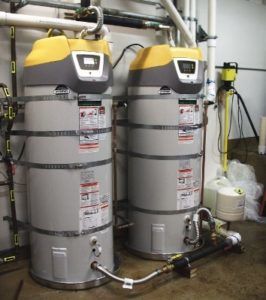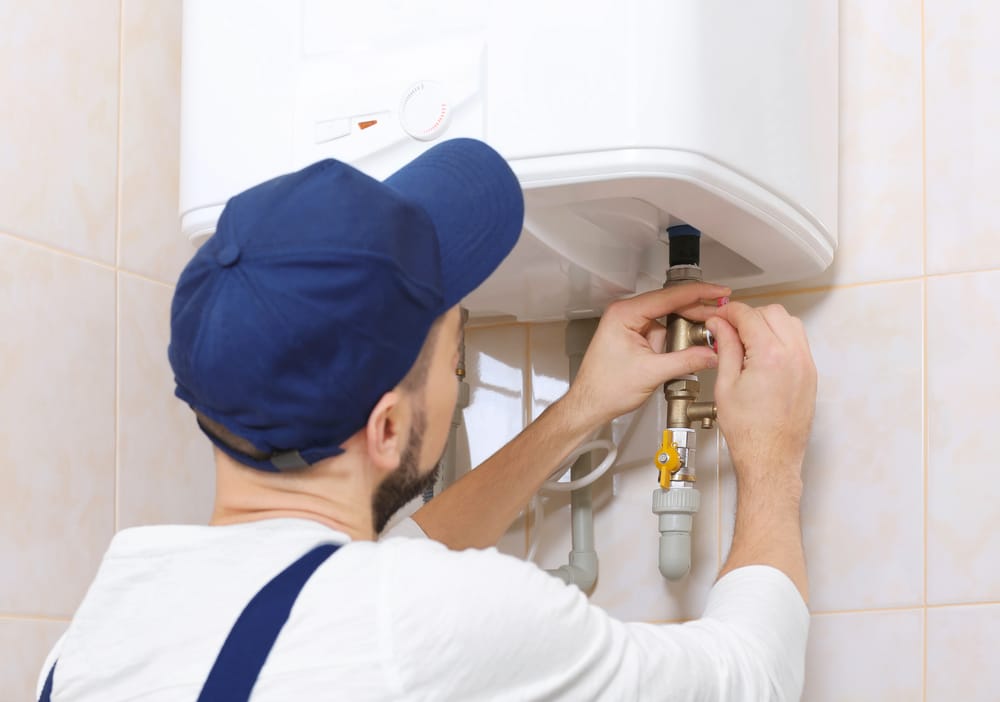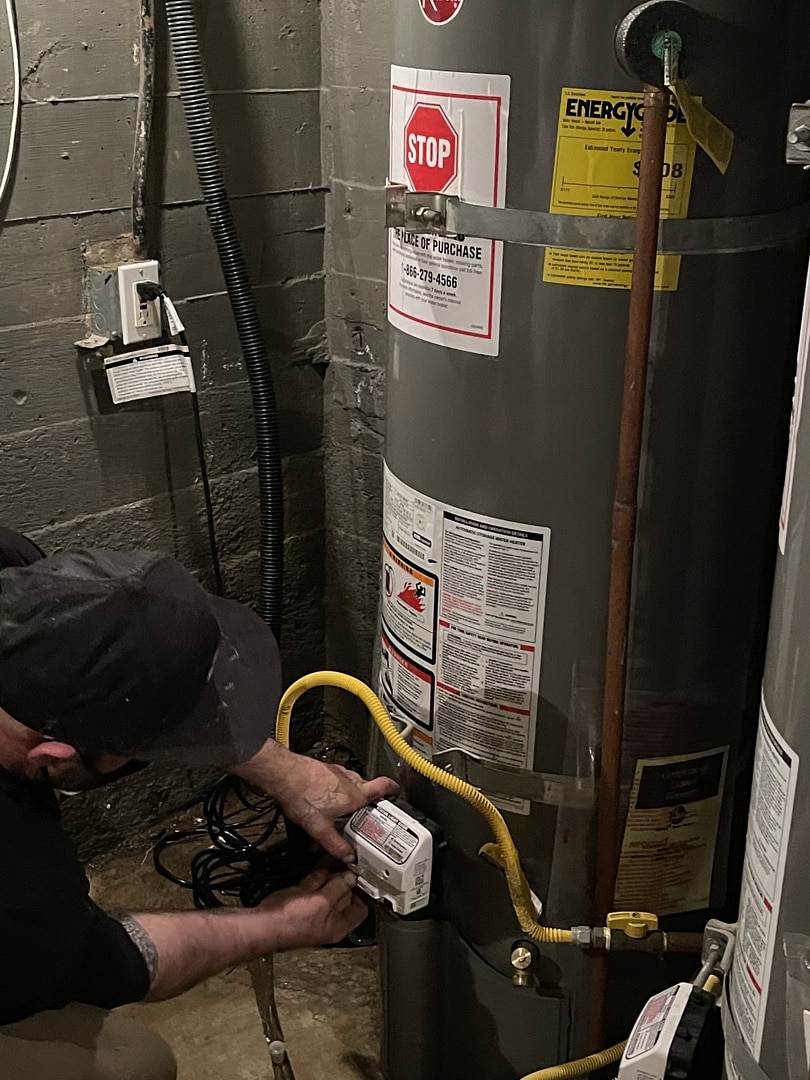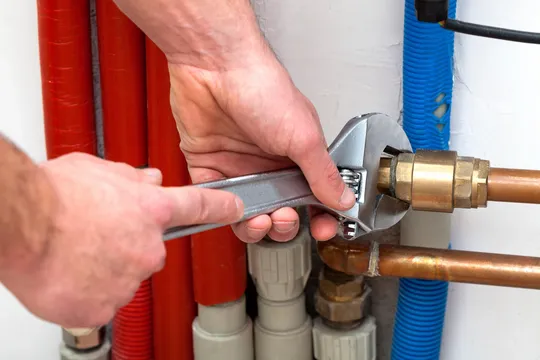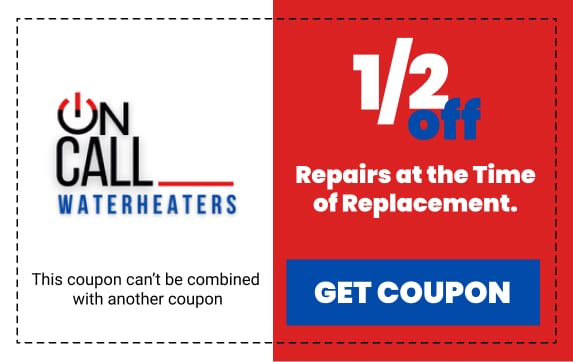
Most homeowners will admit to not taking care of their water heaters. Maintenance is a must for every appliance in your home, especially the ones that contribute significantly to your home’s energy costs.
Water heating accounts for 18% of the homes bills, and that cost will also go up if your water heater isn’t maintained. Maintaining your water heater can do so much more than save you money and having to buy another unit.
We put together a guide to help you increase the life of your water heater and understand the the value.
Starting your Maintenance checks

Simply checking for any rust, cracks, leaks, damage, or other unwanted occurrences can prevent many problems and complete your maintenance check. Remember if you find a leak in time, it may simply be fixed by lighting a hose, releasing pressure, or any other quick solution. The problem occurs when not checking for issues and causing a leak to be your cause to replacing your water heater.
FLUSH TANK!!
Traditional water heaters with a storage tank hold water every minute of every day. Every 6 to 12 months, it’s essential you drain out the water to test it. Fill up a bucket for this purpose. If the water is orange or muddy in color, there’s an issue with your water heater. Similarly, the bucket could be full of dirt and debris as well. In such a situation, the water heater needs to be cleaned out. Don’t try doing it yourself; its best to let a professional take charge of the situation.
The debris that fills the bucket is actually sediment build-up. When water heaters get old, they tend to have significant build-up, which affects the storage capacity of the water heater. Having the water heater cleaned out will improve its capacity and supply your home with more water.
Inspect gas lines
Even though newer technology has been developed in the world of water heaters, many homes still have gas water heaters with a storage tank. Inspect the gas lines to check for cracks, leaks, and corrosion down the pipes. If you suspect a gas leak, you need to call in a professional immediately.
WELL DONE! Reading these simple recommendations will give you an advantage and teach you how to preserve a safe water heater for your home.


